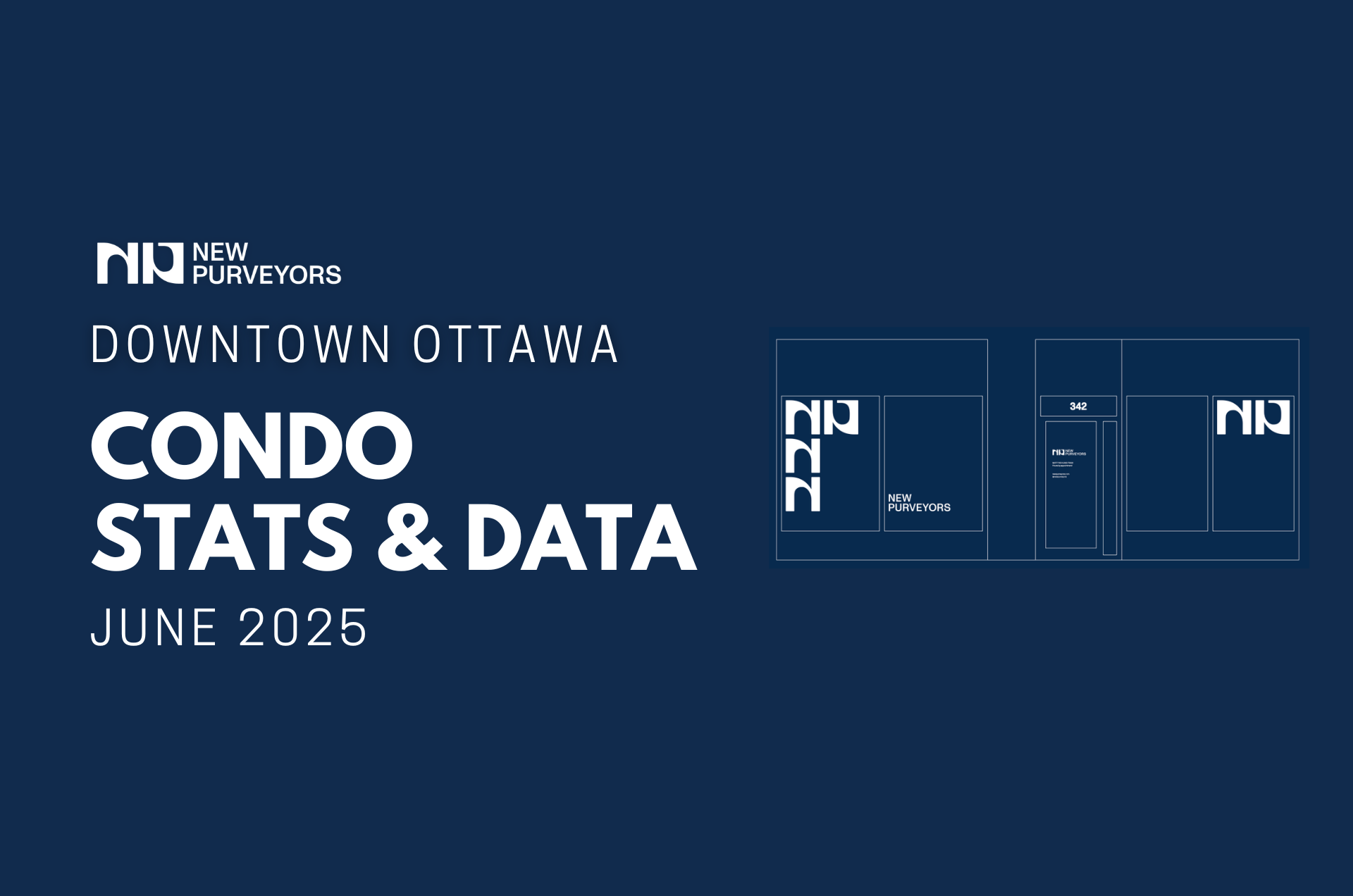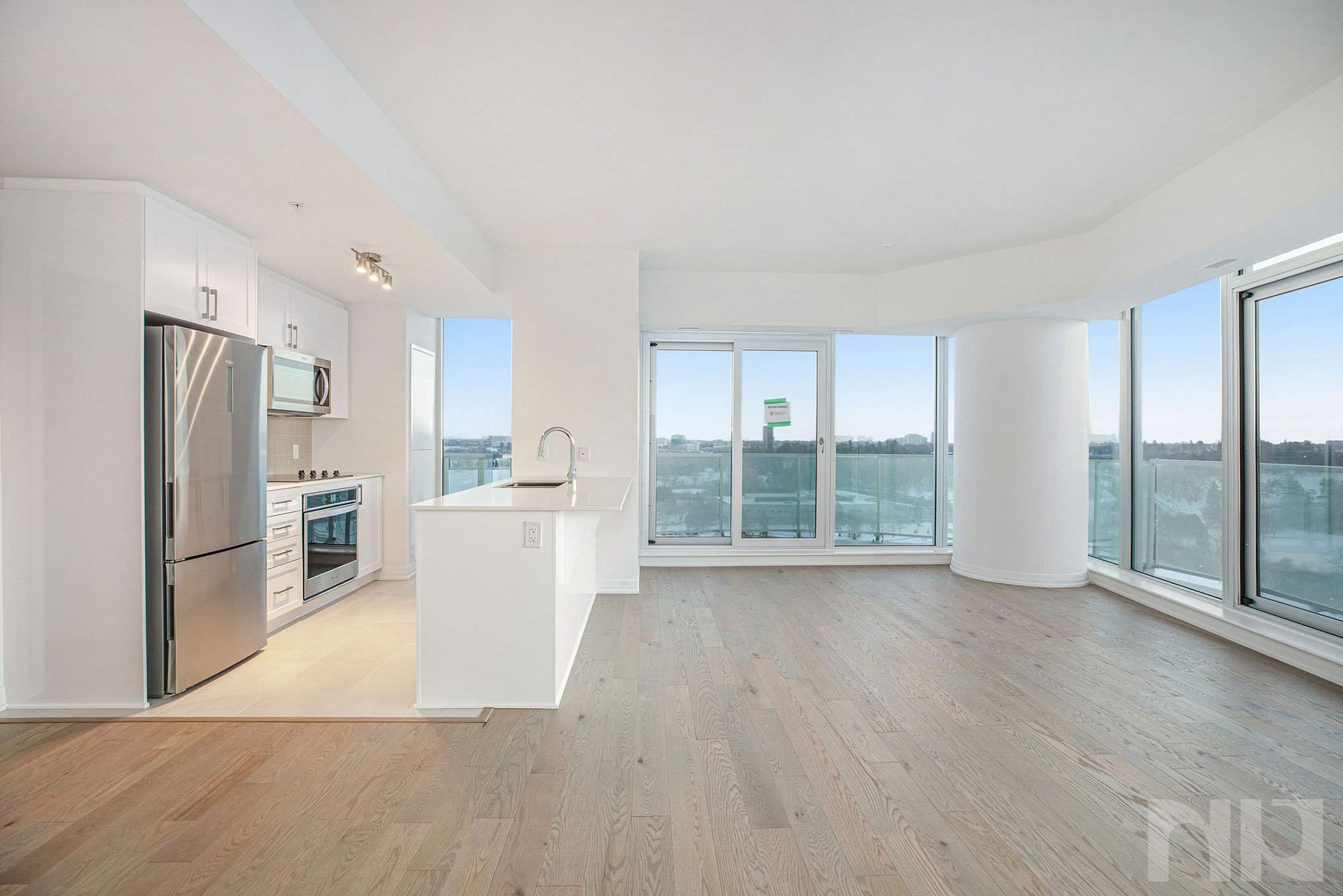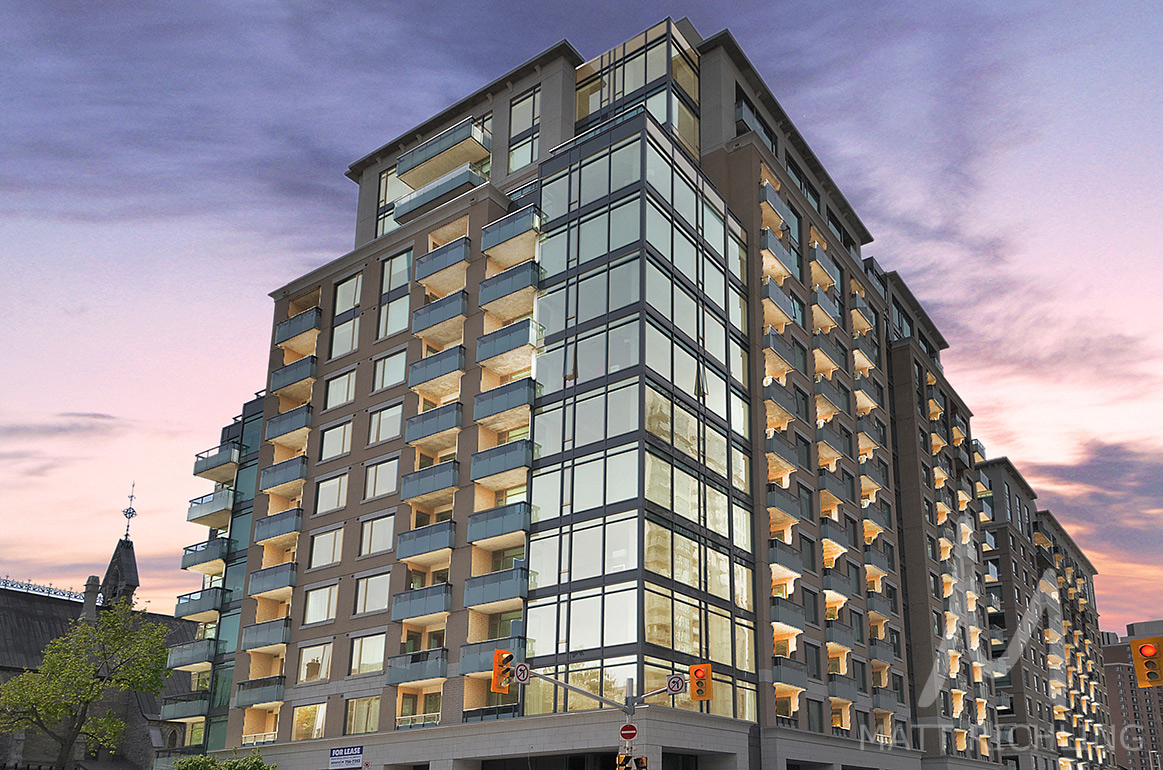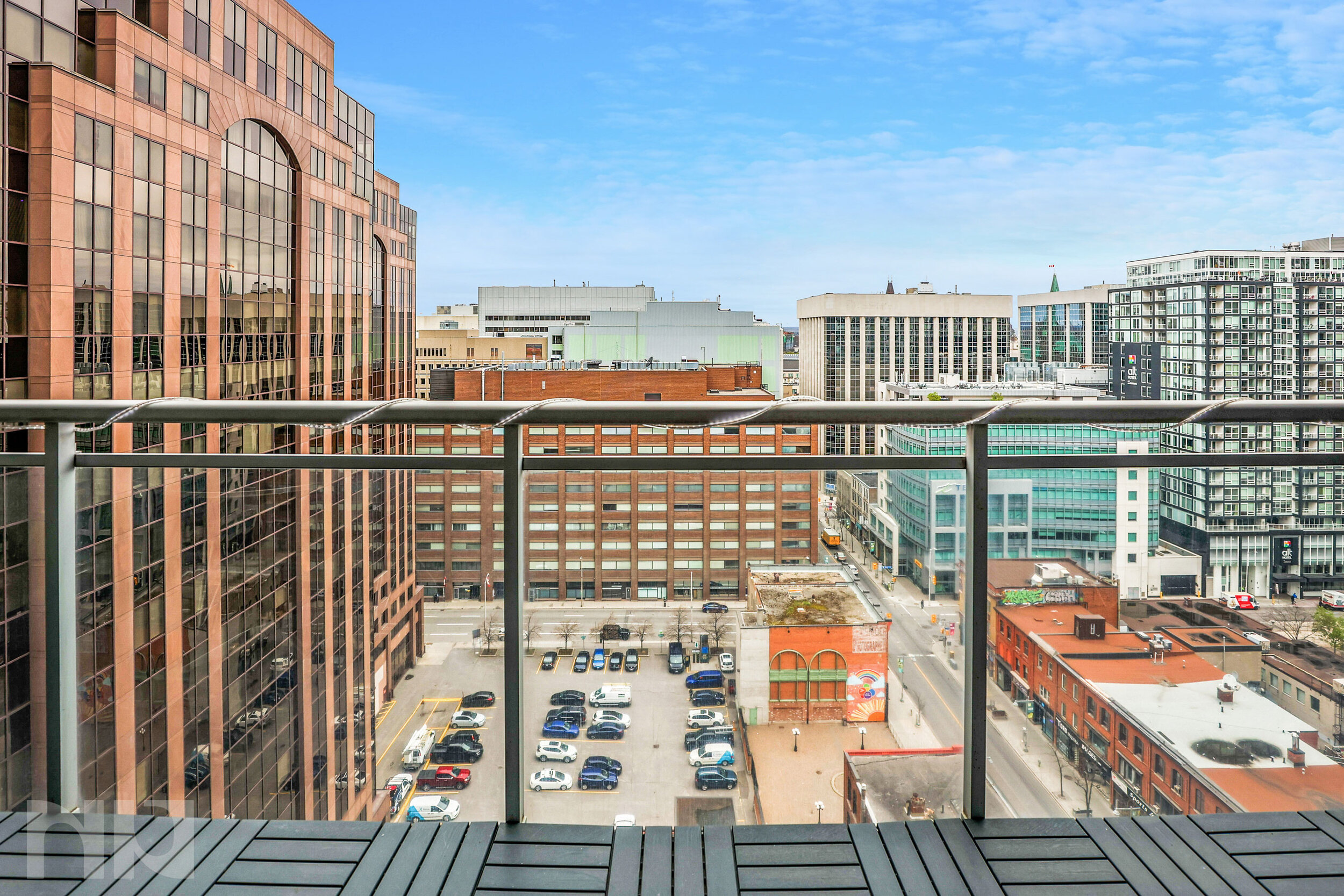Living in a condo in Ottawa comes with the convenience of shared utilities, but it also requires careful management to ensure fair distribution of costs among residents. Navigating condo utility bills involves understanding how utilities are shared, monitoring usage, and effectively managing expenses. In this comprehensive guide, we'll provide detailed insights and practical tips to help you navigate utilities and manage condo bills in Ottawa with ease.
Understanding Shared Utilities:
Condo buildings in Ottawa typically have shared utilities such as water, heating, cooling, electricity, and sometimes even internet and cable services. These utilities are often managed and billed collectively for all unit owners through the condo corporation or association.
Reviewing Condo Documents:
Before delving into the specifics of managing condo bills, it's essential to review your condo corporation's governing documents, including the declaration, bylaws, and rules. These documents outline how utilities are shared among unit owners, any associated fees or assessments, and the responsibilities of the condo corporation versus individual unit owners regarding utility management.
Determining Utility Allocation:
Utility allocation in condo buildings can vary depending on factors such as unit size, occupancy, and building infrastructure. Some condos may allocate utilities based on square footage or unit type, while others may use occupancy or metered usage for more accurate billing. Understanding how utilities are allocated in your condo building is crucial for managing bills effectively.
Monitoring Usage:
Monitoring utility usage is key to identifying potential areas for improvement and cost savings. Keep track of your electricity, water, and heating/cooling consumption by reviewing utility bills regularly and monitoring meter readings if applicable. Identifying any unusual spikes in usage can help pinpoint issues such as leaks, inefficient appliances, or excessive energy consumption that may need addressing.
Implementing Energy-Saving Practices:
Reducing energy consumption not only benefits the environment but also helps lower utility bills for all condo residents. Consider implementing energy-saving practices such as using energy-efficient appliances, installing programmable thermostats, sealing drafts, and switching to LED lighting. Encourage fellow residents to adopt similar practices to collectively reduce utility costs for the entire building.
Communicating with Residents:
Effective communication among residents is essential for managing condo bills cooperatively. Stay informed about any updates or changes related to utilities through communication channels such as condo meetings, newsletters, or online platforms. Encourage open dialogue among residents to address any concerns or suggestions regarding utility management and billing.
Budgeting for Utility Expenses:
Budgeting for utility expenses ensures that you can cover your share of the condo bills without unexpected financial strain. Factor in monthly utility costs when creating your budget and set aside funds accordingly. Consider setting up automatic payments or using budgeting tools to help manage and track your utility expenses more effectively.
Resolving Disputes or Issues:
In the event of disputes or issues related to condo utility bills, it's important to address them promptly and professionally. If you believe there is an error in your bill or dispute the allocation of utilities, communicate with the condo corporation or management to resolve the issue. Refer to the condo documents and relevant policies to support your case and seek a fair resolution through mediation or arbitration if necessary.
Conclusion:
Managing condo bills in Ottawa requires a combination of understanding shared utilities, monitoring usage, implementing energy-saving practices, effective communication, budgeting, and resolving disputes. By familiarizing yourself with condo documents, monitoring usage, implementing energy-saving practices, and communicating effectively with fellow residents and condo management, you can navigate utilities and manage condo bills with ease while promoting sustainability and cost-efficiency for your community.
Interested in learning more? Reach out via phone or email!
























































